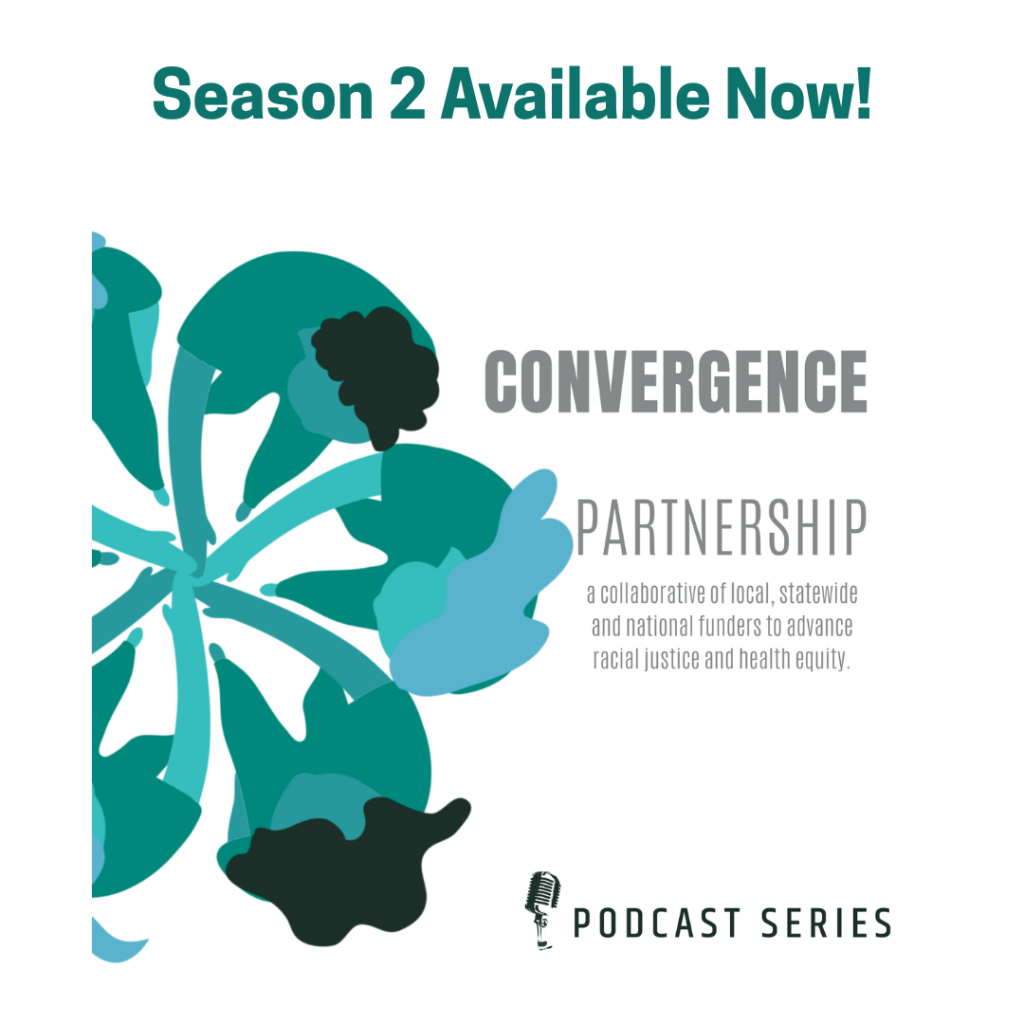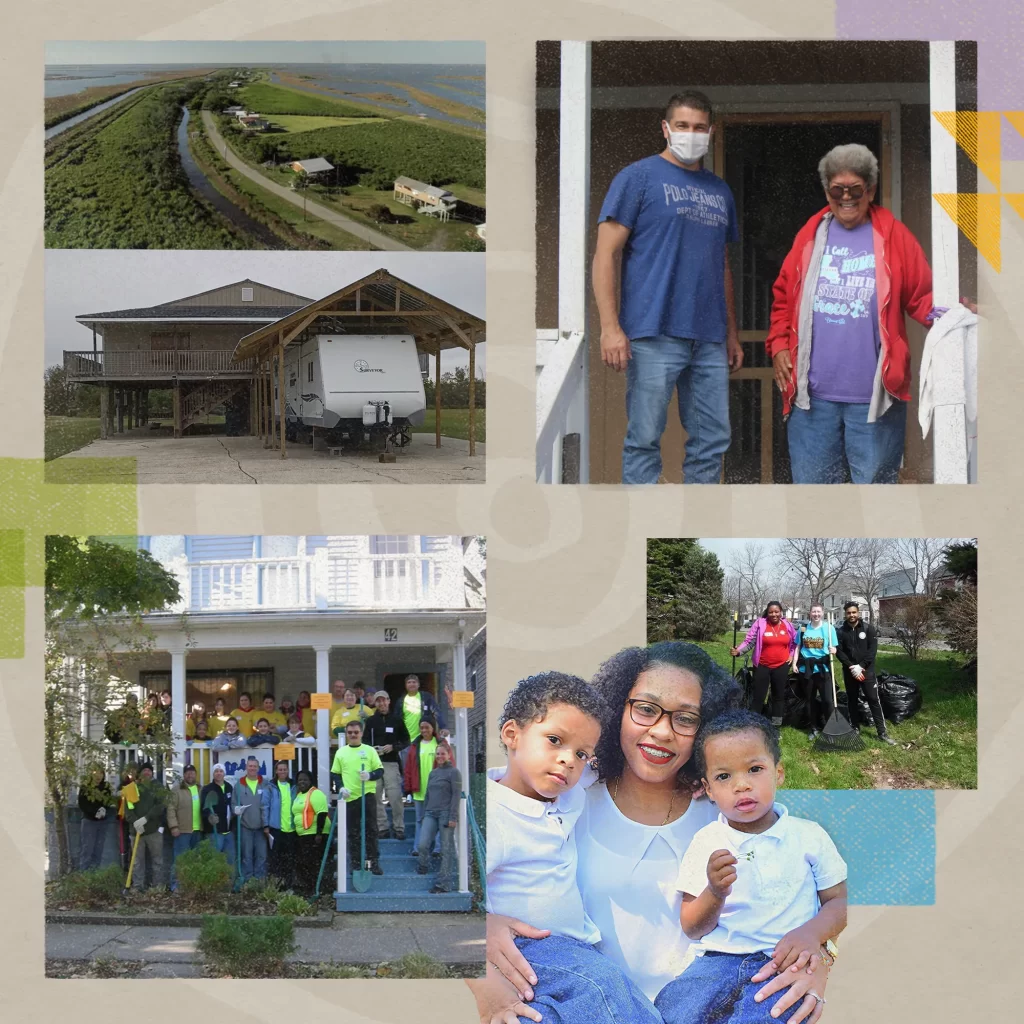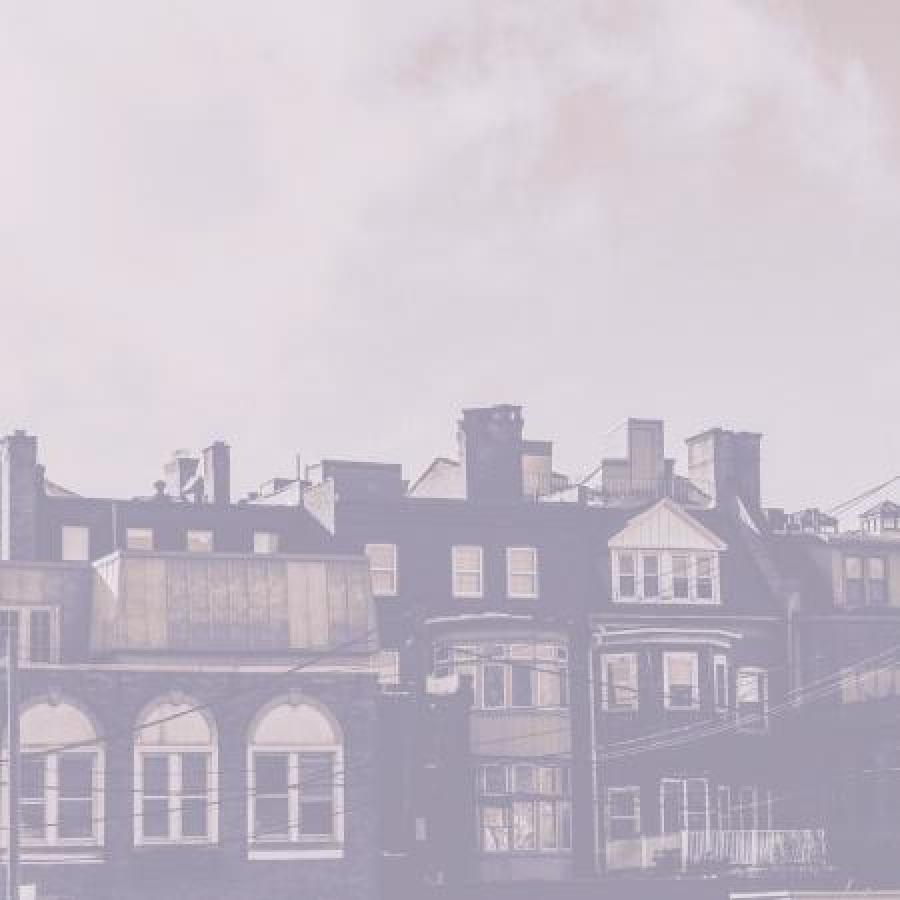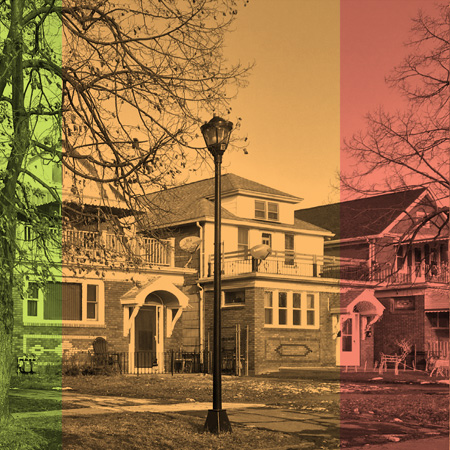Season 2, Episode 3: Mutual Aid, Resilience, and the Fight for Justice in Buffalo

Featured Image Description: A memorial honoring victims of the TOPS supermarket shooting in Buffalo, New York, serves as a poignant reminder of community resilience and collective mourning. (Photograph by Kent Nishimura/Los Angeles Times via Getty Images) Now we need to make sure we have sustainable aid, ongoing. So we had to not only be boots […]
Podcast Season 2: Potent Stories of Resilience and Action

We are living in a time marked by deep challenges and extraordinary potential. Daily, waves of crises crash against our communities. But in those moments, there’s something remarkable that emerges: the people. The leaders on the frontlines, holding their corners, building systems of care and justice, and showing us all what collective care and leadership […]
Growing Power and Resilience: Intersectional Organizing for Long-Term Wellbeing

In this second post in our Powerful Ripples of Change series, we are spotlighting the intersectional work of climate justice and resilience efforts and health equity. As the ongoing climate crisis worsens, Black and Brown communities are often forced to bear the burdens of extreme weather and natural disasters. Our grantees, Grand Caillou/Dulac Band of Biloxi-Chitimacha-Choctaw (GCDBBCC), United Houma Nation (LA), and Heart of the City Neighborhoods are not just stepping up to help their communities recover and heal from these crises, but building organizational infrastructure that can support their communities in the long-term.
Season 1, Episode 5: The Legacy of Lead in Buffalo

Season 1, Episode 5: In this episode, local audio producer and artist Maria Ta shares the multidisciplinary community theater project by Ujima Company to educate their community about lead poisoning. Their Legacy of Lead production brings forward the stories of those directly impacted by lead poisoning and educates the community about how concentrated poverty adversely affects the health of communities of color. The second segment, hosted by Andrea Ó Súilleabháin of the Partnership for the Public Good, discusses strategies for racial justice and health equity in the fight against lead poisoning in Buffalo homes and neighborhoods with Rahwa Ghirmatzion from PUSH Buffalo, Jessica Bauer Walker of Community Health Worker Network of Buffalo, and Maria Ta of Ujima Company. This episode is hosted by Justice Gatson, a Kansas City based organizer, who organizes intersectional movements that uplift the voices of the most marginalized groups.
Getting Ahead of Lead in Western New York

The Community Foundation for Greater Buffalo is working alongside their grassroots partners to apply a racial equity analysis and support community organizing to elevate the voices and experiences of community residents of color, and address lead in housing.